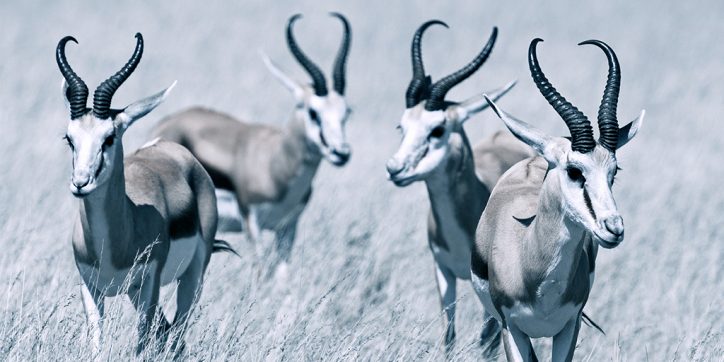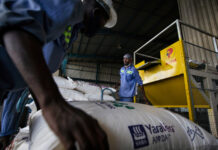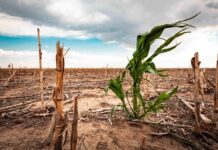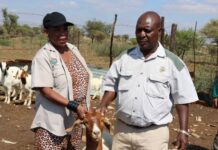Game farming is a multibillion-rand industry that has grown from strength to strength. According to a recent survey commissioned by the Endangered Wildlife Trust, game farming in South Africa has proliferated to such an extent, that game farms now comprise an area of 17 million hectares – a total area twice the size of all state-owned game reserves put together.
More business people are stepping out of boardrooms and into the bushveld to further diversify their portfolios and to take advantage of healthy returns on investment. Years ago, business magnates like former SAB MD, Adami Norman, and South Africa’s number one, Cyril Ramaphosa, realised that ploughing funds into a game farm or a breeding business could give them the dividends they wanted. Today, these investments have paid off. Both businessmen own lucrative game farms and breeding operations that produce prized animals, earning them millions at auctions. Ramaphosa’s buffalo bull, Nduvo, fetched R4.1 million alone in a sale in 2018!
While the return on investment from breeding valuable game like sable, roan antelope and buffalo, is high, so too are the risks. And they are extensive. Before stocking a farm with game, certain prerequisites must be met to be considered for insurance cover. An active farm manager needs to be employed to manage and maintain firebreaks and fences, and access to specialised game vets is essential to ensure a rapid response in the event of animals needing veterinary care.
If you’re an investor with prized specimens back at the ranch, careful consideration needs to be taken in case of loss or damage. Disease, injury, disability, lightning, fire, poaching and free-roaming predators like jackal and leopard, are just some of the potential threats owners (and their animals) face. The question arises, when is game considered a valuable asset? Does it make financial sense to cover individual animals, a pair or a herd? Game valued at R1 million on a specific farm may not be a priority on a farm with game to the value of R25 million, and it may not be a priority to insure a single animal that is worth less than R100 000.
Whether you’ve insured a single, high-value investment animal or a herd, there’s the risk of the investment bubble bursting. If an investor has insured an animal because of its high value, an unforeseen factor like an oversupply in the market could cause it to dramatically lose value. After peaking in 2014, breeding of colour variants such as black springbuck and golden wildebeest dropped by as much as 85% due to uncertain investment sentiment. Currently, rhino prices are declining because of the risks of poaching. Given the enormous value of the rhino horn trade, investors who invested in rhino a decade ago, are stuck with animals that are worth more dead than alive, and are therefore a liability to have on their farms.
Once game has been sold or purchased, animals need to be moved from one place to another – the risks of which, are high. From damage or death from vehicle accidents to dehydration during a vehicle breakdown, investors need to assess all the various risks involved with moving game. Take, for example, the giraffe that tragically died after its head came into contact with a bridge on the N1 highway. The owners or transporters hadn’t properly assessed the risks of transporting the tallest animal in the world under bridges with a minimum vertical clearance of 5.5 m.
If you’re leveraging your game for tourism or hunting concessions, there are also risks involved with people using the facilities. Do you have proper cover for guests who may get harmed on your property or on game-viewing vehicles? Are there facilities that cater for disabled people? Are you covered for theft of guests’ possessions?
While game farming can be a successful and satisfying investment opportunity, it is clear that operating in the field is unpredictable, complex and risky. Whether you’ve made the move from boardroom to bushveld, or traded in livestock for wild game, turning to specialist advice is imperative in ensuring adequate cover for unexpected eventualities.
Written by Peter Olyott, chief executive officer at Indwe Risk Services.









